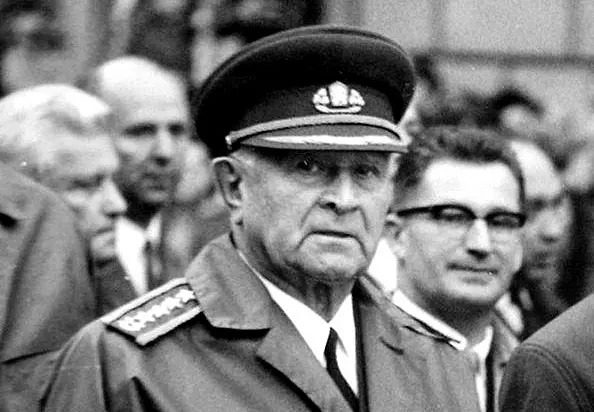On March 30, 1968, General Ludvik Svoboda was elected as the President of Czechoslovakia. This was a significant event in the country’s history, as it marked a turning point in the political and social climate of the nation.
Before his election, Svoboda had served as the Minister of Defense and was a prominent figure in the Czechoslovakian government. His military background was a significant factor in his election, as the country was still recovering from the aftermath of World War II and the Soviet Union’s strong influence.
Svoboda’s election came at a time when the country was experiencing a period of political liberalization known as the Prague Spring. The Prague Spring was a movement towards greater political freedom and autonomy from the Soviet Union, which had dominated Czechoslovakia since the end of World War II.
During his presidency, Svoboda worked to balance the interests of the Soviet Union with the desires of the Czechoslovakian people for greater political and social freedoms. He attempted to implement reforms to democratize the country’s political system, including adopting a new constitution that guaranteed civil rights and freedoms.
However, Svoboda’s efforts were short-lived. In August 1968, the Soviet Union invaded Czechoslovakia, ending the Prague Spring. Svoboda was forced to cooperate with the Soviet-backed government, and his presidency was effectively ended.
Despite this setback, Svoboda remains a respected figure in Czechoslovakian history. He is remembered as a leader who attempted to bring greater freedom and democracy to his country during a time of great political and social upheaval.
In conclusion, General Ludvik Svoboda’s election as the President of Czechoslovakia on March 30, 1968, was a significant event in the country’s history. It marked a period of political liberalization and reform cut short by the Soviet Union’s invasion in August of that year. Despite this setback, Svoboda remains a revered figure in Czechoslovakian history, remembered for his efforts to bring greater freedom and democracy to his country.





